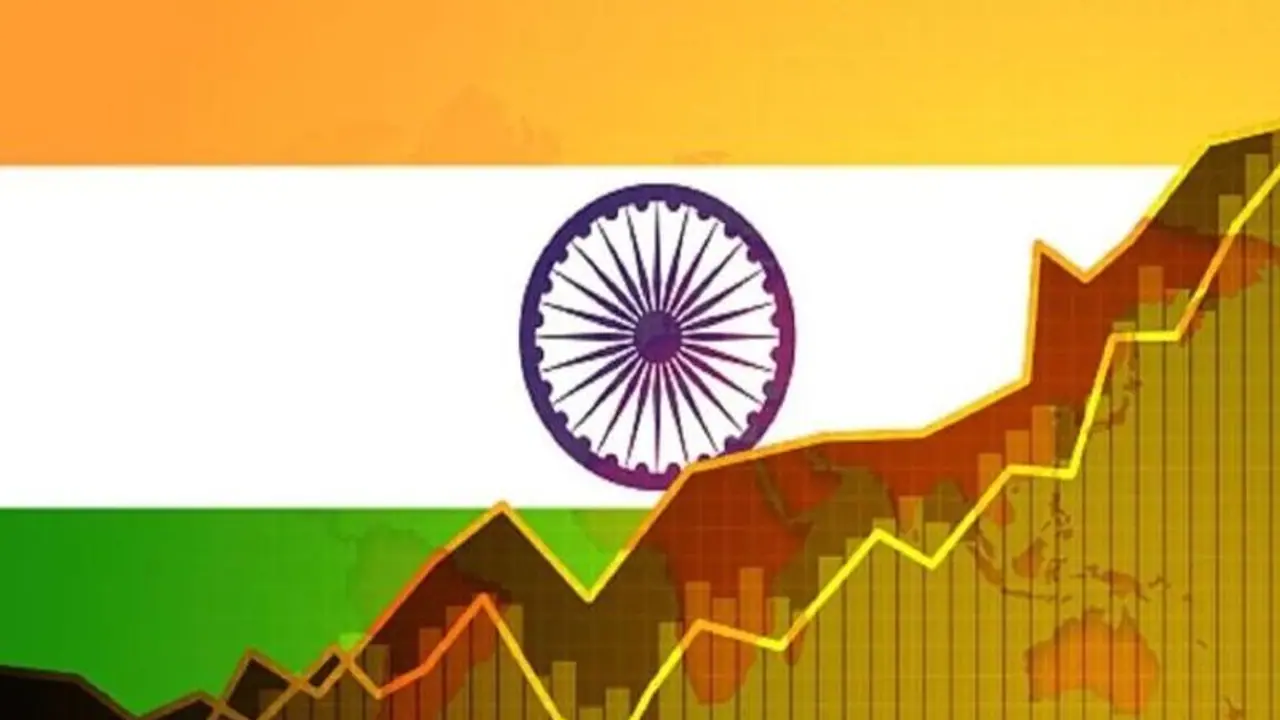Singapore (third), Hong Kong (fifth), Taiwan (seventh), China (17th), and Australia (19th) are the top-performing Asian economies.
With a six-position advance from 43rd to 37th on the annual World Competitiveness Index issued by the Institute for Management Development, India has seen the most rapid growth among Asian economies, mainly due to economic performance improvements.

Following the global research released on Wednesday, Denmark has risen to the top of the 63-nation list from third place last year, while Switzerland has slid from first to second place, and Singapore has reclaimed third place from fifth place.
Sweden is ranked fourth, followed by Hong Kong SAR (fifth), the Netherlands (sixth), Taiwan (seventh), Finland (eighth), Norway (ninth), and the United States (tenth).
Singapore (third), Hong Kong (fifth), Taiwan (seventh), China (17th), and Australia (19th) are the top-performing Asian economies.
After a stable but stagnant five years, the Indian economy's competitiveness improved dramatically in 2022, according to IMD, mainly owing to improvements in economic performance (from 37th to 28th).
According to the Institute for Management Development (IMD), the domestic economy has risen from 30th to ninth place in a year, according to the Institute for Management Development (IMD).
The labour market, a critical sub-factor in the company efficiency criterion, jumped from 15th to 6th place, while management practices and business attitudes and values also improved significantly.
"After Prime Minister Narendra Modi made considerable reforms in the context of retrospective taxes in 2021, India appears to have restored the trust of the business community. Its re-regulation of a variety of areas, including drones, space, and geo-spatial mapping, is also likely to have contributed to the country's strong showing in the 2022 WCR," according to economists at the IMD World Competitiveness Centre.
India is also a significant force in the worldwide fight against climate change. Prime Minister Narendra Modi's commitment to net-zero emissions by 2070 at the COP26 meeting in November 2021 aligns with its ranking strength in environment-related technologies.
Among India's challenges are managing trade disruptions and energy security, maintaining high GDP growth after the pandemic, skill development and job creation, asset monetisation, and resource mobilisation for infrastructure development.
A skilled workforce, cost competitiveness, economic dynamism, a high educational level, and open and positive attitudes are the top five attractive factors of India's economy for business.
Also Read: 2021-22 GDP data: Why India will remain fastest growing economy
Also Read: Looks A Lot Like Sri Lanka: Rahul Gandhi targets Centre over Indian economy
Also Read: IMF projection 2022-23: What worked in India's favour
